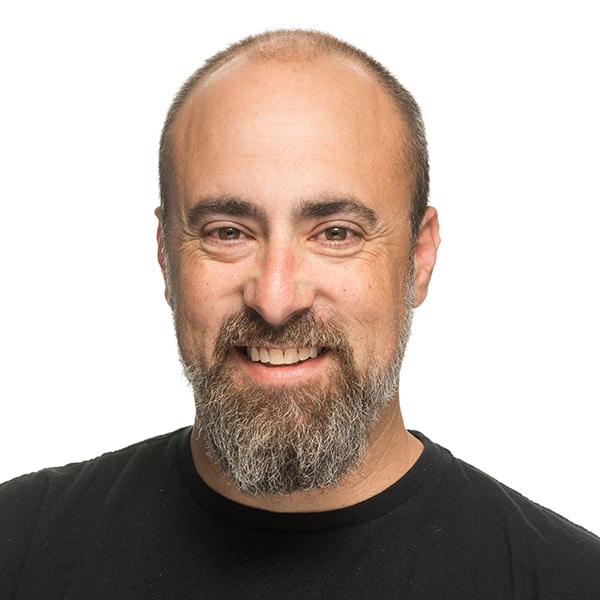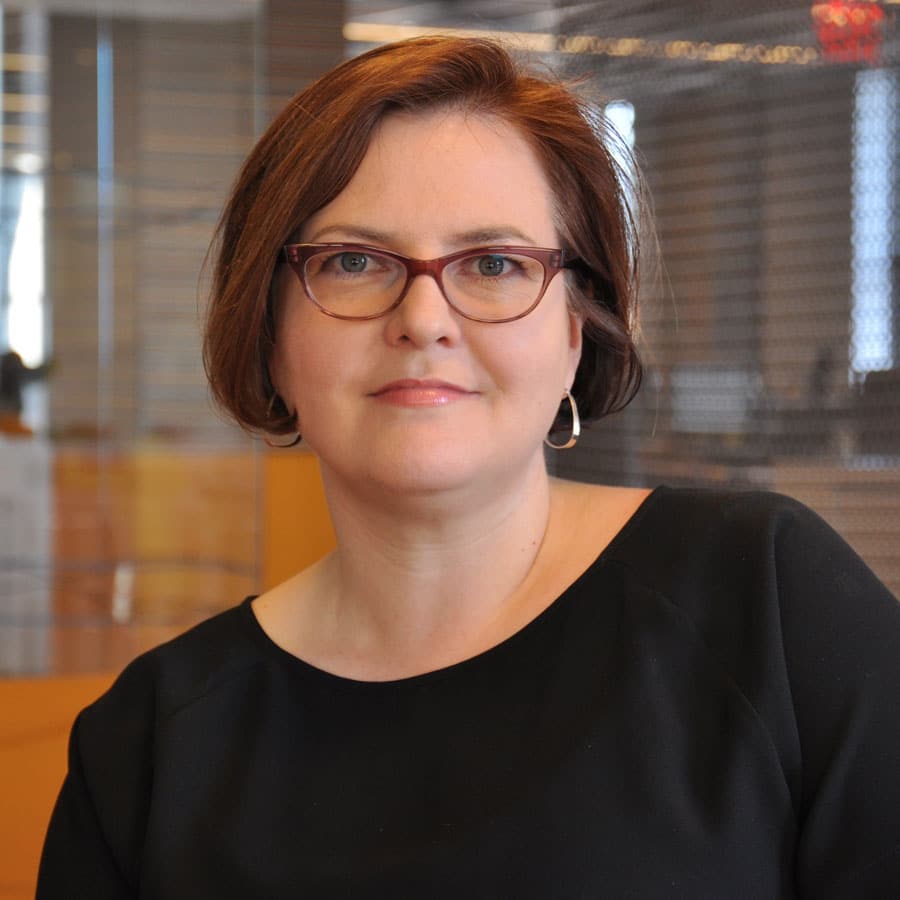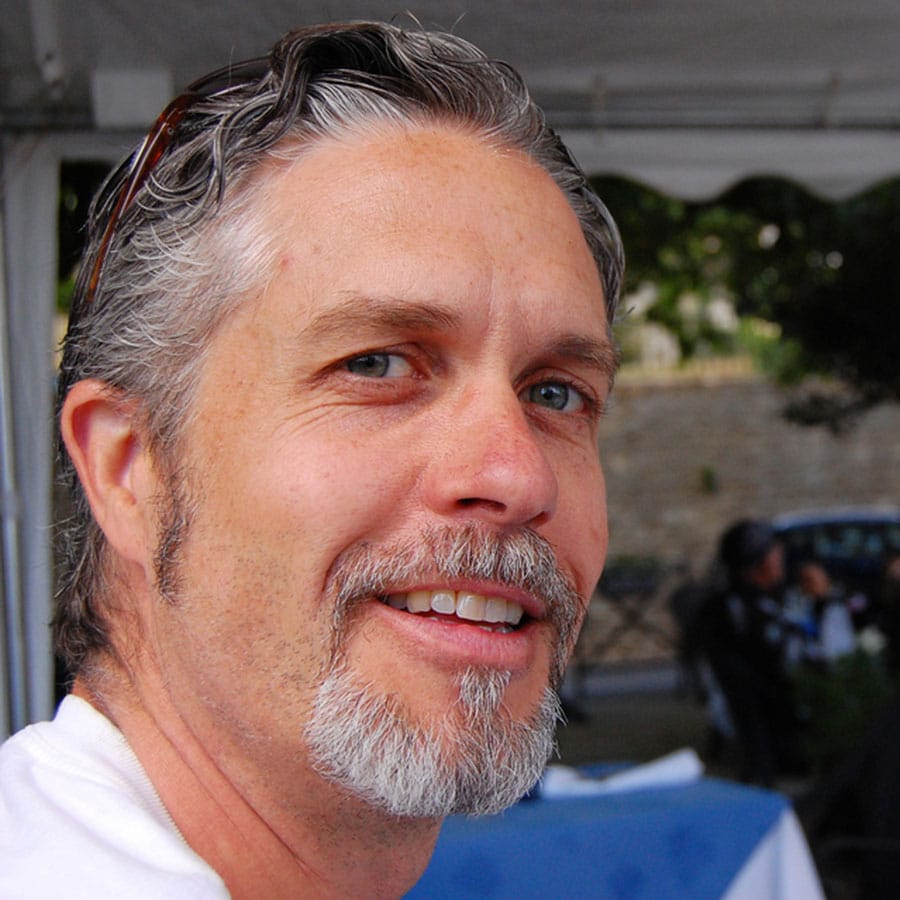Summary
In this engaging session, Adam explains that the 1500 designers in his organization are not segmented strictly by UX discipline but encompass a broad spectrum including industrial, visual, and product design roles spread across the company. Ian and Karen contribute perspectives on effective designer interview questions, emphasizing understanding candidates' problem-solving processes and outcomes over simply showcasing portfolios. The trio tackles remote team dynamics, with Karen describing strategies like synchronized prototyping sessions and layering communication into a team distributed globally, while Adam highlights the need for trusting social triangulation to understand team sentiment and cultural nuances. Ian discusses approaches to career coaching within small teams, focusing on honest, personal feedback paired with actionable growth steps, beyond just titles or frameworks. The role and obsession with titles is critiqued—Ian argues titles are secondary to behavior, delivery, and shared understanding, advising that constant debate over taxonomy detracts from actual design work. Their collective advice encourages design leaders to invest in strong management skills, open communication, and meaningful mentorship to support team growth and organizational goals effectively.
Key Insights
-
•
The 1500 designers in Adam's company span multiple disciplines rather than being strictly UX specialists.
-
•
Asking candidates to explain their problem-solving process and outcomes reveals true design thinking more effectively than portfolio displays.
-
•
Remote collaboration works best with focused synchronous prototyping sessions and continual asynchronous handoffs.
-
•
Cultural differences in remote teams require social triangulation to understand true team dynamics beyond surface responses.
-
•
Strong regional players with negotiation and influence skills are critical for global product teams to navigate divided loyalties.
-
•
Effective 360 feedback in small teams benefits most from one-on-one conversations rather than written forms alone.
-
•
Designers grow most through honest, specific feedback paired with concrete next steps to develop skills.
-
•
The obsession with granular job titles detracts from focusing on actual design impact and behaviors.
-
•
Titles should emerge from actual work and demonstrated value, not be drivers of career advancement.
-
•
Design leaders must prioritize strong management and facilitation to enable team success amidst complexity.
Notable Quotes
"The 1500 are designers, we don't distinguish strictly between UX or visual or industrial—they all bring design to the org."
"Can you show me your process, not just your portfolio? That shows me your real design thinking."
"The hardest part about remote is making design reviews feel collaborative and team-based."
"I have to triangulate socially because Yorkshire folks are quite reserved; they won't openly admit issues."
"A good story that people can retell is key for global communication, even if it distorts a bit."
"You need strong regional players with negotiation skills to navigate the split loyalties in global teams."
"A 101 conversation over coffee yields better insights than written reviews in 360 assessments."
"I wish I could tell my 22-year-old self what to stop doing and what to embrace to be a better designer."
"If designers spend more time talking about titles than their work, we’re just gazing into our navels."
"Don't be cool, be good—work hard at managing your teams because they need you to nail it."
Or choose a question:















More Videos
"Users’ perception predicts attrition and paid referrals — design absolutely matters when people decide to buy or go."
Standardizing Product Merits for Leaders, Designers, and Everyone
June 15, 2018

"I realized I was just making it up despite the company’s growth."
Simon WardleyMaps and Topographical Intelligence (Videoconference)
January 31, 2019

"The Reflexive Compass helps us discern bias patterns early, take accountability, and measure impact."
Sandra CamachoCreating More Bias-Proof Designs
January 22, 2025

"When fellow co-workers label an individual as difficult, it’s hard not to treat that person as a problem."
Darian DavisLessons from a Toxic Work Relationship
January 8, 2024

"ChatGPT didn’t have the full context of what was most important to stakeholders, so I had to edit its output before sharing."
Fisayo Osilaja[Demo] The AI edge: From researcher to strategist
June 4, 2024

"Empowering maker culture invites everyone to be part of a collective endeavor far beyond any individual."
Uday GajendarThe Wicked Craft of Enterprise UX
May 13, 2015

"What’s so difficult about designing a login? On the surface, it’s simple, but the real challenge was cultural alignment across business units."
Davis Neable Guy SegalHow to Drive a Design Project When you Don’t Have a Design Team
June 10, 2021

"People were very adverse to changes because a small 0.5% conversion increase meant millions in revenue."
Eniola OluwoleLessons From the DesignOps Journey of the World's Largest Travel Site
October 24, 2019

"We believe tracking design metrics aligned to business goals is important to demonstrate design’s impact."
Aurobinda Pradhan Shashank DeshpandeIntroduction to Collaborative DesignOps using Cubyts
September 9, 2022



















